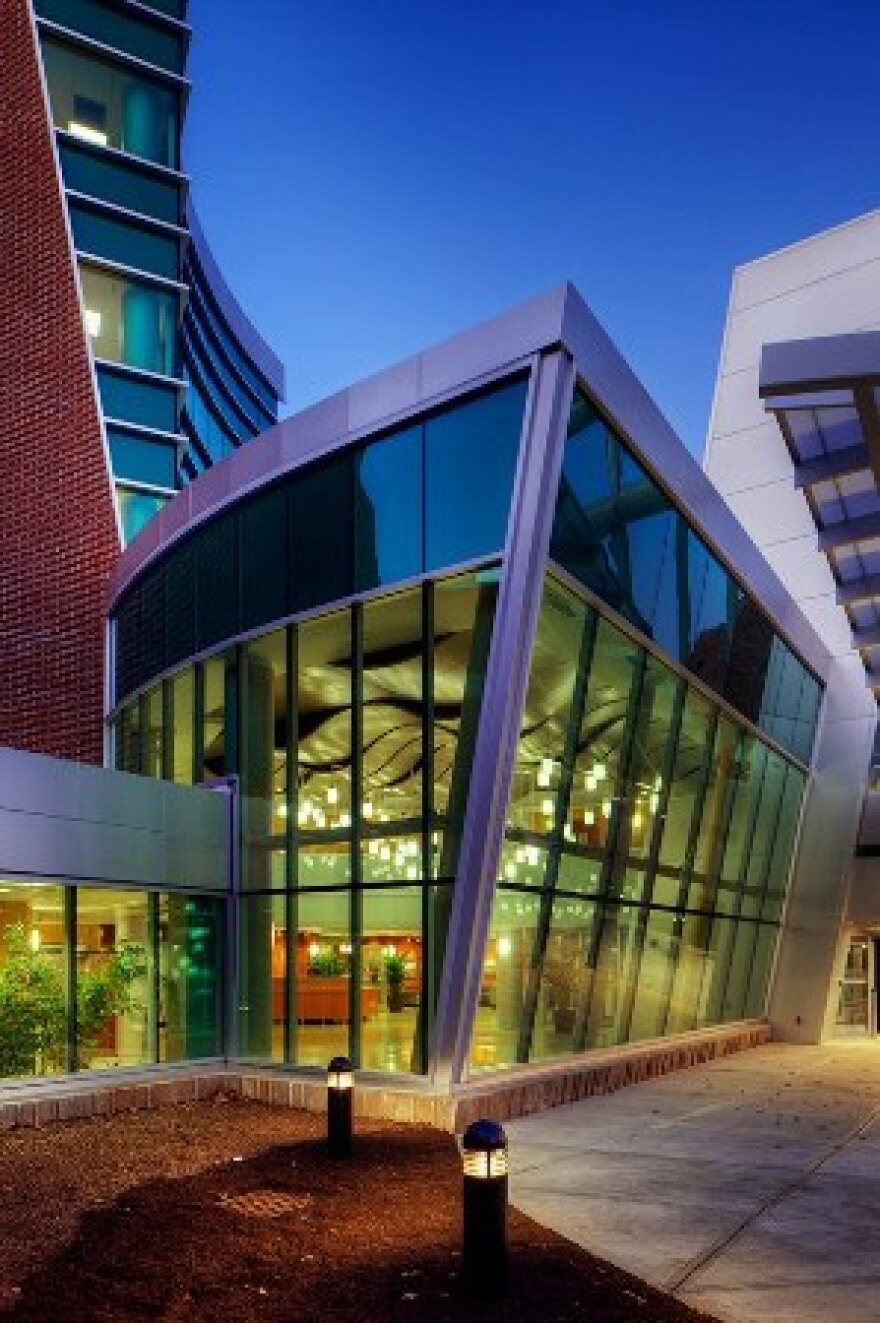Concord Hospital won’t have any competition in its effort to acquire bankrupt LGRHealthcare, but it will have to overcome some 25 objections to the sale filed last week by various creditors.
The deadline to submit bids ended at 4 p.m. Monday without another bidder, meaning that Concord Hospital’s $30 million offer will be the only one on the table when the Bankruptcy Court hears a variety of those challenges in hearings scheduled for Friday and next Tuesday, Dec. 21.
The single bid for LRGH came even though more than 50 organizations expressed interest in LRGH, and a dozen signed nondisclosure agreements and entered “active discussions, according to LRGH.
But on Tuesday morning, the debtor canceled the auction.
LRGH, which owns the hospitals in Laconia and Franklin, as well as a number of health care agencies, filed for Chapter 11 protection on Oct, 19 with $128 million in debt and Concord Hospital emerged as the “stalking horse” buyer.
Two years ago, Concord Hospital expressed interest in LRGH, as did a number of other organizations, but all backed out when they realized the extent of LRGH’s debt. The bankruptcy filing was a way of getting rid of that debt, but creditors have had a lot to say about that.
Dispute over payments
Objections to the sale by the state and federal governments could be the most problematic.
The biggest creditor KeyBank, holds a $111 million mortgage on a loan dating back to 2012 and was refinanced in September 2015, and it said it expects to get paid from the proceeds of the auction. The federal Department of Housing and Urban Development, which guaranteed the loan, was a bit more forceful. In an objection filed Friday by U.S Attorney Scott Murray, HUD said that LRGH could not sell its assets free of HUD or KeyBank’s interest.
“While HUD is willing to consent to the sale, HUD’s consent is conditioned on payment of the net proceeds of the sale to the holder of KeyBank’s secured claim at the closing,” said the agency’s filing.
But that would mean that there would be no money left over for everybody else. Indeed, LRGH’s cash collateral would sink to as low as $1.26 million in January, according to a budget update filed at the beginning of last week. Its biweekly payroll alone costs more than $3.2 million. (That cash collateral does not include the $3.7 million LRGH received from the state’s Covid-19 Provider Relief Fund, since it still isn’t known if that is a grant or a loan.)
The good news is the company’s budget is on target for the last week of November, and LRGH has performed $3.3 million better than budget over the last six weeks.
Still, New Hampshire Attorney General Gordon MacDonald objected in another Friday filing, “the proposed sale would leave the Debtor undercapitalized and likely unable to pay the State upwards of $10 million owed in connection with a state program used to fund uncompensated care for individuals.”
The state also wants to make sure that its agencies maintain regulatory control over the hospital, particularly the AG’s Charitable Trust Division, which has to ultimately approve the transaction. Indeed, hospital mergers are getting increased media scrutiny across the country, as critics claim that they drive up medical costs by cutting competition.
Many of LRGH’s unsecured creditors objected to the sale as well, arguing that the “cure amount” (the amount owed to them before the bankruptcy filing) was off.
Anthem disputed that it is owed nothing, noting there were bound to be overpayments. AmerisourceBergen Drug Corp., claimed it was owed more than $370,000, not the $192,000 listed. But all that means very little, since unsecured creditors get paid pennies on the dollar if they get anything at all.
Then there are objections of some of LRGH’s affiliates, like The Wellness Center, which has sites in Laconia and Moultonborough and provide fitness programs to people with chronic disabilities.
The centers operate independently of LRGH yet the condo where the Laconia center is located is still in LRGH’s name. That’s because The Wellness Center borrowed $450,000 to purchase it. The center paid off the loan in 2012, but it “belatedly” started the process to transform title. So if LRGH sold off that asset in bankruptcy, The Wellness Center would be “wiped out,” they said.
These are just a few of the hurdles Concord Hospital still will have to clear in its effort to acquire LRGHealthcare.
These articles are being shared by partners in The Granite State News Collaborative. For more information visit collaborativenh.org







